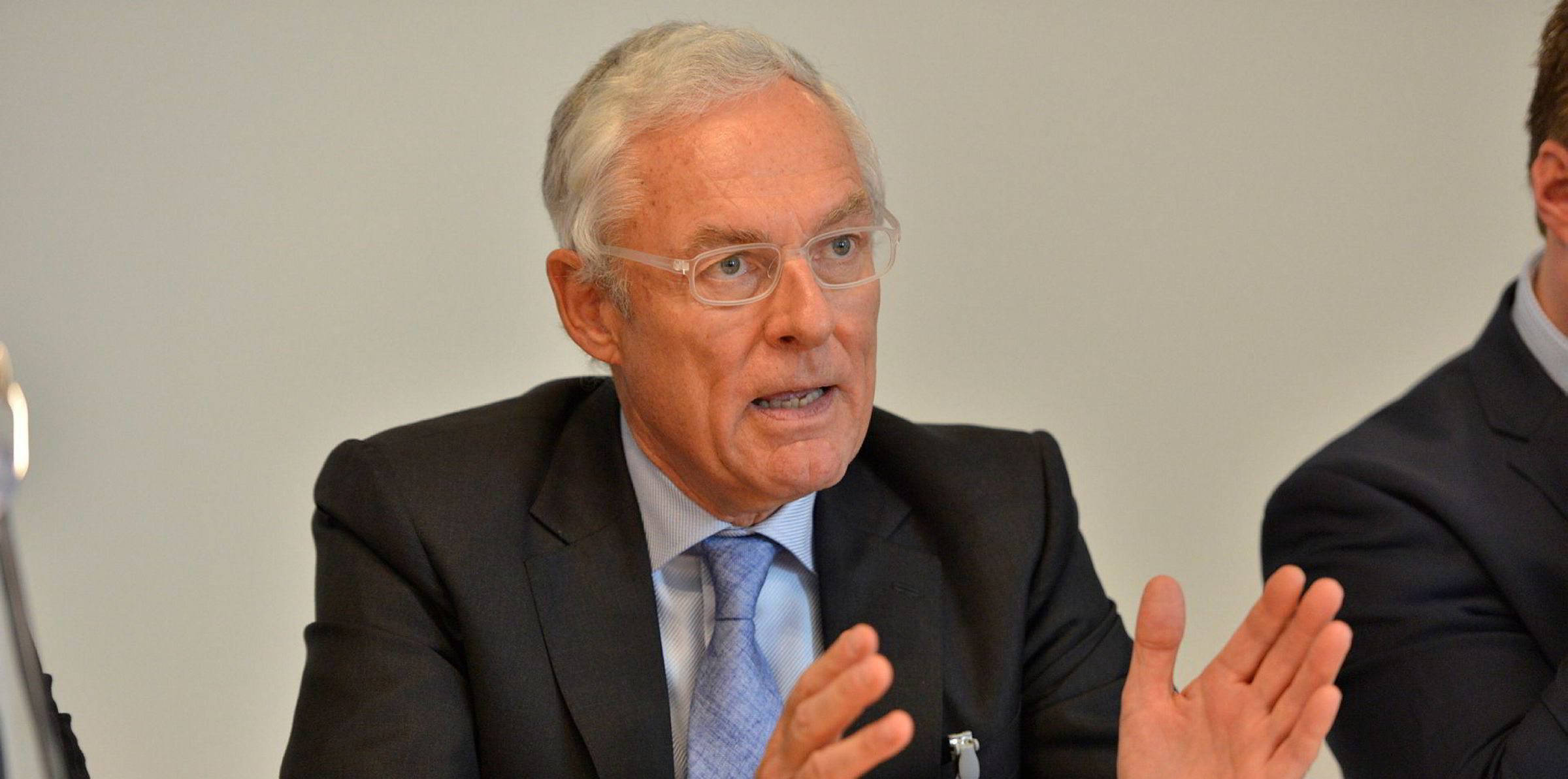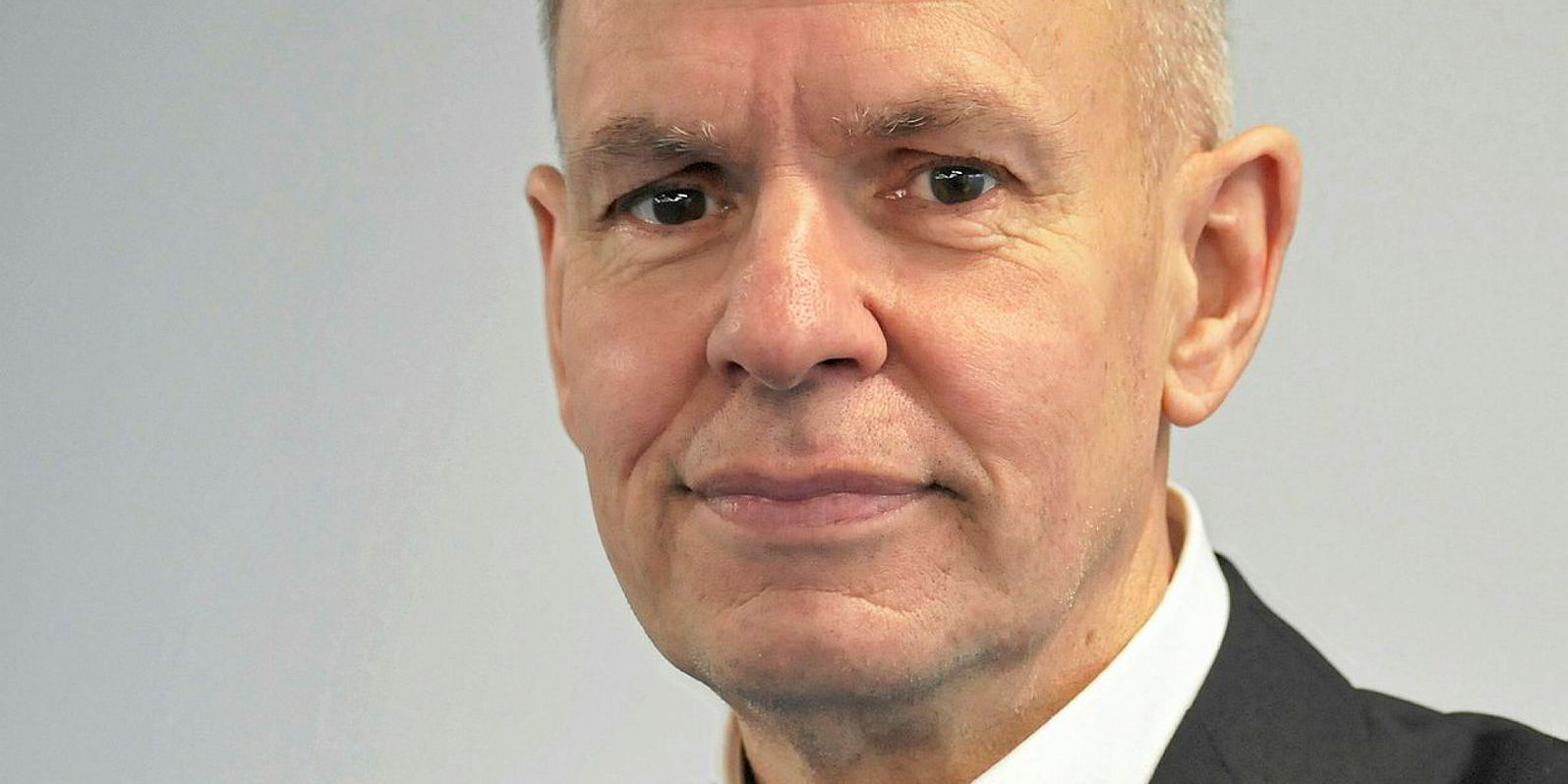The International Chamber of Shipping is maybe right to warn of “chaos and confusion” if the world continues to sleepwalk into the new age of low-sulphur fuels.
But the IMO is also right to stick to its 1 January 2020 deadline for imposing the biggest change in bunkers since oil replaced coal to power vessels.
Limiting SOx emissions to 0.5% is the first real test for the maritime industry to show it can go green. It must succeed.
The IMO sulphur cap is not just an internal shipping debate. Others — notably the oil industry and national regulation enforcers — must play their part.
One reason to share some concerns of ICS chairman Esben Poulsson is that fuel refiners and providers are moving slowly.
A raft of new warnings have appeared from energy and financial experts in recent weeks as they wake up to the need for action.
Investment bank Morgan Stanley said stricter regulations on bunkers could require 1.5 million barrels per day extra of crude and push prices up to $90 per barrel.
Already we know that more heavily refined fuel oil will be more expensive — and that is not taking into account any shortages that would further drive up the cost.
Energy consultancy firm Wood Mackenzie has predicted that the maritime fuel bill could rise from about $100bn to $124bn per year.

Energy expert Platts has just warned that new demand for better kinds of ship fuel had not been fully priced into future power prices.
“This is going to be the most disruptive change to hit refining in its history," a spokesman for Platts told website oilprice.com. "Unlike other specification changes seen by the industry, this isn’t a little bit of tweaking. The market has not appreciated yet the degree and scope of the changes."
The current level of the benchmark Brent blend crude is about $75 per barrel, a fall from recent highs of $80 due to fears of Middle East disruption potentially caused by new US sanctions on Iran.
The slight oil price drop also followed statements from Opec that signalled it may raise its own production ceiling.
Ignorance about impact
Yet Brent future prices are as low as $60 per barrel already for oil deliveries in 2024, something that Platts partly puts down to ignorance about the impact of the IMO low-sulphur move.
The regulations, which demand SOx content is reduced from 3.5% to 0.5%, could also hugely disrupt oil flows.
The huge Middle East exporters that make up the backbone of Opec naturally produce a higher-sulphur crude.
Sadly, one of the countries that is noted for its high-quality, low-sulphur — or “sweet” — crude is Libya, where production is currently undermined by political turbulence.
Azerbaijan and Nigeria are other sweet crude producers who should also benefit from new demand for cleaner marine gas oil.
Big marine-fuel refiners and providers, such as Shell and ExxonMobil, have long been planning for the changes.
The IMO remains convinced the fear of future fuel shortages is being overstated and “there can be no change in the 1 January 2020 implementation date”.
It expects there to be a mingling of heavy and low-sulphur fuel oil that will meet the 0.5% threshold.
It points out that many shipowners have already invested in scrubbers — exhaust gas cleaning systems — to allow them to burn heavy fuel oil but keep emissions to the equivalent of using 0.5% sulphur fuel. But Wood Mackenzie claims that this still applies to only 2% of the world’s fleet.
The increasing number of newbuilding contracts specifying (almost sulphur-free) LNG-fuelled vessels will also reduce demand for traditional oil-derived fuel.
But clearly there needs to be a lot more high-profile debate around this, so that everyone is prepared — not least the shippers, who will have to pay more any which way.
And then there is the question of compliance. Is the global mechanism in place to ensure every shipowner is playing by the same rules?
There is a lot of work that must be done over the next 18 months and this is just the hors d’oeuvre for an even more demanding main course for the future: decarbonisation.




